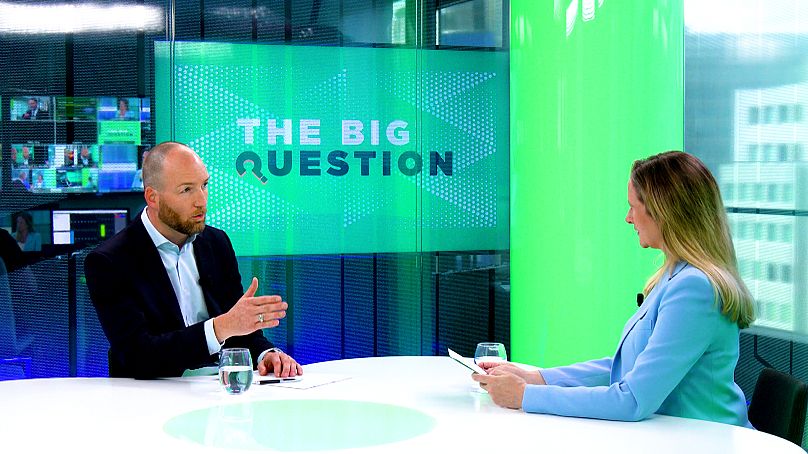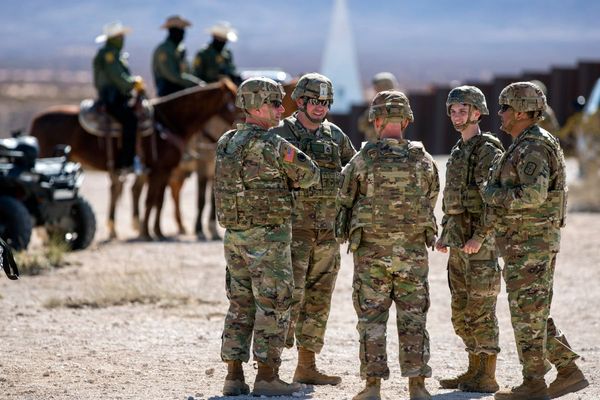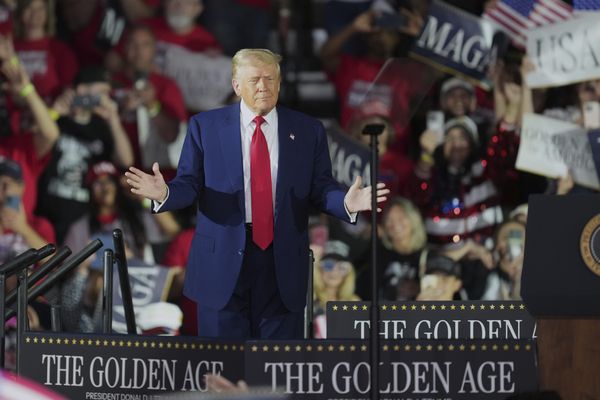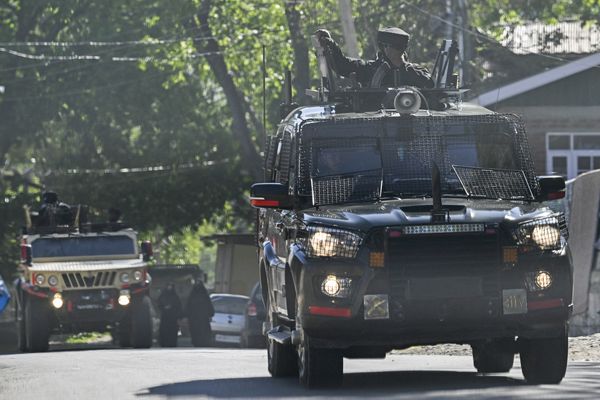US President Donald Trump’s tariffs are on hold for 90 days but with the deadline looming ever closer, can Europe and the US come to an agreement?
Moreover, if they don’t and the tariffs resume, what could it mean for both Europe’s economy and America’s?
“This is simply the biggest, most integrated economic partnership in the world,” Malte Lohan, CEO of the American Chamber of Commerce to the EU, told The Big Question.
In fact, the relationship is worth €8 trillion - that’s the same as the French and German economies combined and makes up a third of global GDP.
In this episode of The Big Question, Euronews’ business editor Angela Barnes sat down with Malte to discuss what a reintroduction of tariffs could mean and his hopes for future economic relations.
Why is the EU-US economic relationship so important?
The €8 trillion economic relationship is made up of a number of parts. €1.7 trillion is accounted for by the flow of goods, often perceived as the most important element of the relationship. A smaller percentage comes from the trade in services: financial services, accounting, legal, tourism and digital services.
Foreign direct investment (FDI) also plays a huge role in the relationship.
“We are each other's biggest source of Foreign Direct Investment, more than 56% of American FDI goes to Europe, a similar measure of European FDI goes to the US,” Malte pressed.
“But the far bigger part of the economic relationship, by a large margin, is the sales of European subsidiaries in the United States and American subsidiaries in Europe.
“And so when we talk about the 8 trillion euro transatlantic relationship, the biggest part of that value is generated by just selling through our subsidiaries on the other side of the Atlantic.”

While Germany, Ireland and Italy are Europe’s biggest exporters to the US, Malte suggested the impact of resumed tariffs could be particularly felt on more localised industrial pockets across the bloc.
“Look at the ecosystems which are generated across different parts of Europe with American investment and companies operating there.
“For example, we have a very strong ecosystem around the pharma sector, right here south of Brussels in Belgium, a very big one, of course, in Ireland that many people know as well. We have an ecosystem for the aerospace sector in the south of France.
“So you have these sort of clusters of companies which also pull in local universities and local supply chains which employ locally, which are using the competitive advantage of different parts of Europe in the most effective way.”
What will a reintroduction of trade tariffs mean for Europe’s competitiveness?
Right now, the uncertainty around the future of tariffs is causing huge damage to European innovation and the economy. Malte also fears a potential tariff and counter tariff war could spill over into other parts of the relationship.
“You're planning to make big multi-billion euro investments into your supply chain, into your production facilities, and you don't know how to calculate the return on those investments because that calculation changes from one day to the next with a tariff being imposed or a countermeasure being imposed and taken off again,” Malte explained.
“And so that creates huge inertia in the marketplace where investments are being held back and where other parts of the world that are not facing this level of uncertainty can accelerate their own innovations and their own investments and we will have to catch up.”
He also added that the interruption to supply chains could lead to higher prices for consumers.
What does the future look like for EU-US economic ties?
“That’s the million dollar question,” Malte told The Big Question.
“At least what we can say at this point is that there is space for dialogue. Now whether that dialogue is able, within the short space of time available, to come to a conclusion, I think we still have to see.”
Malte continued that he would like to see longer term discussions, outside of the 90 day pause, on how the two parties can work together to generate mutual long term benefits.
“There is way too much at stake in this relationship to let that be damaged,” Malte declared.
Adding that he’d also like to see the EU prioritise progress with the Capital Markets Union to help it “take charge of its long-term growth and competitiveness.”
The Big Question is a series from Euronews Business where we sit down with industry leaders and experts to discuss some of the most important topics on today’s agenda.
Watch the video above to see the full discussion with the American Chamber of Commerce to the EU.







